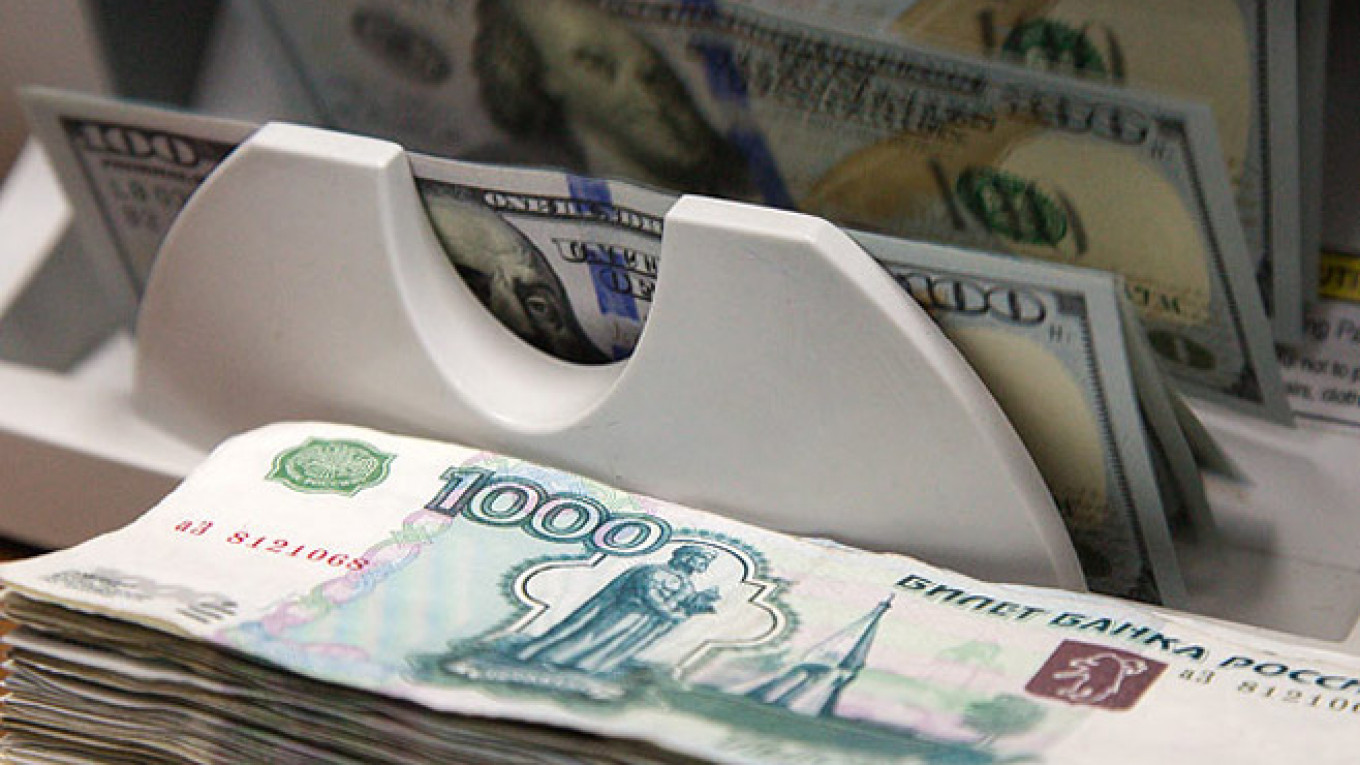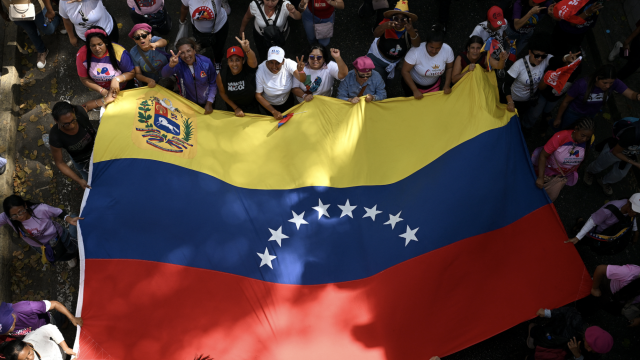Russia and Iran plan on replacing the U.S. dollar with their national currencies for the settlement of bilateral trade transactions, Iran's IRNA news agency reported.
Announcing the plans at a meeting Tuesday in Tehran, Asadollah Asgaroladi, an Iranian business magnate and head of the Iran-Russia Joint Chamber of Commerce, said that use of national currencies would spur economic collaboration between the two countries.
Asgaroladi was not the first Iranian politician to mention the plans. Following a meeting with Russian Energy Minister Alexander Novak earlier this month, Iranian Oil Minister Bijan Namdar Zanganeh said that the two countries had agreed to conduct banking transactions in rials and rubles, IRNA reported.
Russia has long been a proponent of reducing the dollar's pre-eminence in international trade, a position that became top priority this year after Western sanctions over the crisis in Ukraine cut off Russian state banks and energy majors from U.S. and EU capital markets.
Earlier this month, Russia and China agreed to settle more of their future bilateral trade using the ruble and yuan. Russia and North Korea in June also agreed to switch to rubles for trade payments.
A Message from The Moscow Times:
Dear readers,
We are facing unprecedented challenges. Russia's Prosecutor General's Office has designated The Moscow Times as an "undesirable" organization, criminalizing our work and putting our staff at risk of prosecution. This follows our earlier unjust labeling as a "foreign agent."
These actions are direct attempts to silence independent journalism in Russia. The authorities claim our work "discredits the decisions of the Russian leadership." We see things differently: we strive to provide accurate, unbiased reporting on Russia.
We, the journalists of The Moscow Times, refuse to be silenced. But to continue our work, we need your help.
Your support, no matter how small, makes a world of difference. If you can, please support us monthly starting from just $2. It's quick to set up, and every contribution makes a significant impact.
By supporting The Moscow Times, you're defending open, independent journalism in the face of repression. Thank you for standing with us.
Remind me later.






